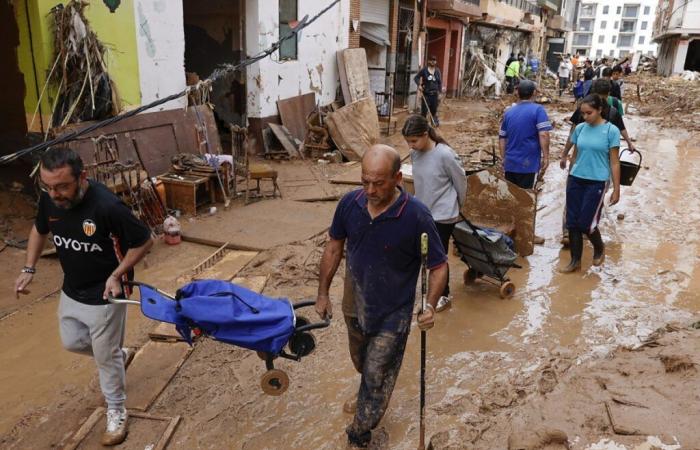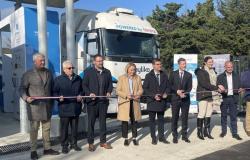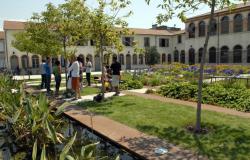Keystone-SDA
The Spanish government announced on Saturday the sending of 10,000 additional soldiers and police officers to the south-east of Spain to come to the aid of disaster victims and help search for the missing. The floods have left at least 213 dead, according to a new report.
This content was published on
November 02, 2024 – 11:00 pm
(Keystone-ATS) In total, “5,000 more soldiers” will be deployed on the ground to deal with what constitutes “the biggest natural disaster in the recent history of our country,” announced Prime Minister Pedro Sánchez.
This figure brings to 7,500 the number of soldiers mobilized in the disaster areas, i.e. the “largest deployment of armed forces ever carried out in Spain in peacetime”, insisted the head of government, who will visit the affected areas on Sunday with King Felipe VI.
The toll is growing
To these soldiers will be added 5,000 police officers and gendarmes, responsible for supporting their 5,000 colleagues already on the ground, according to Mr. Sánchez. Reinforcements eagerly awaited in certain localities still facing a chaotic situation.
According to a latest report from the emergency services released on Saturday evening, a total of 213 people – including 210 in the Valencia region – died due to the torrential rains which fell during the night from Tuesday to Wednesday in the south-east of the region. country. The authorities, however, have warned that this toll could rise.
On Friday, a woman was found alive in her car, stuck for three days in an underground passage in the suburbs of Valencia, according to a civil protection official. According to the daily El Pais, she was next to her dead daughter-in-law when the emergency services took care of her.
“Nothing left”
If the chances of finding survivors are now exhausted, the priority of soldiers and police remains, according to the executive, the search for the missing, with the restoration of roads and infrastructure to allow the “delivery” of aid and the restoration of “essential services”.
According to the authorities, more than 2,000 damaged cars and trucks have already been removed. Electricity has also been restored to 94% of residents who had been deprived of it, and telecommunications are gradually being restored.
In the suburbs of Valencia, search and cleaning operations continued throughout the day, in a heavy atmosphere. “There is nothing left,” lamented a resident of Chiva who was “resigned” to seeing the damage.
In his commune, where some 17,000 inhabitants live, there are no soldiers, but numerous gendarmes responsible for patrolling the streets where many houses are destroyed. “Politicians promise a lot, but help only arrives when it arrives,” breathes this octogenarian.
Aid announced
Saturday evening, the conservative president of the Valencia region, Carlos Mazon, announced a battery of economic aid and promised the return of order, while acts of looting were reported in several stores, leading to the arrest of 82 people.
“There are people who may have felt alone, helpless, unprotected and I understand that,” admitted the elected official. But “I want to send a clear message, we are going to help all the households” who need it, he continued: “we are facing the challenge of our lives and we are going to find the solutions”.
The regional government of Valencia, and Carlos Mazon in particular, is the subject of insistent criticism for having sent a late telephone alert message to residents on Tuesday, while Aemet had placed the region on “red alert” from the morning .
Criticisms rejected by Mr. Mazon, who ensures that he followed the protocol in force and highlighted on Saturday “the spirit of solidarity of the population” of his region in the face of adversity.
Solidarity
In the affected municipalities, the outpouring of solidarity continued on Saturday, particularly in the southern suburbs of Valence, where thousands of people flocked on foot Saturday morning with shovels and brooms to support the population.
On Friday, the number of volunteers was such that the authorities called on residents to stay at home and banned traffic on certain roads to prevent the roads used by emergency services from being congested.






